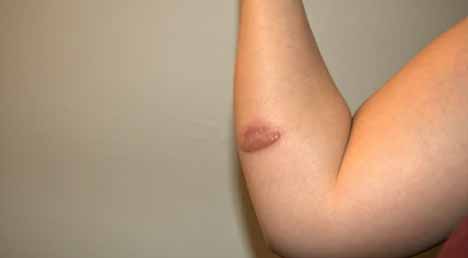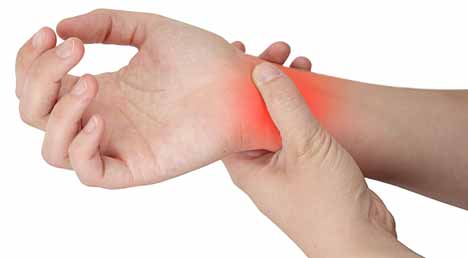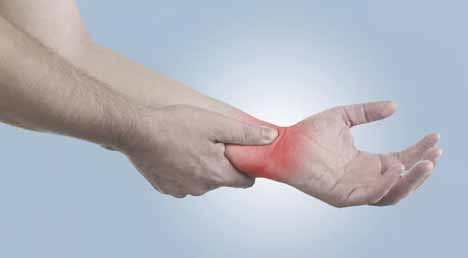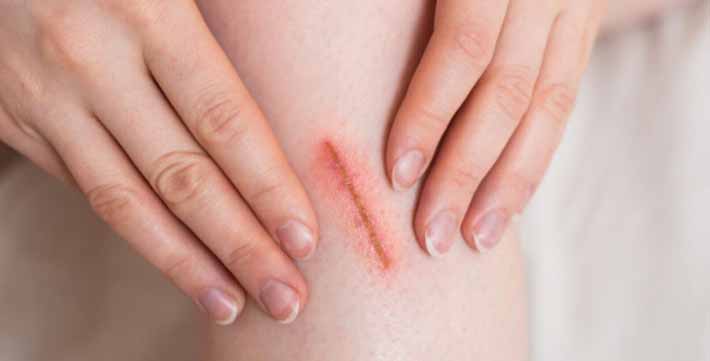Everybody knows that a wound is such an injury in which living tissues break down. The damage may be due to a blow, a cut, or any other reason. Typically, it is a cut or breakage associated with the skin.
When someone gets wounds, they seek a doctor or physicist consultation. They provide the victim with different remedies and treatments so that the victim can recover the wound.
Some wounds heal quickly, while others take a longer time. The healing period and process depend on the depth of that wound. Unfortunately, a wound starts throbbing instead of healing.
What is the Wound Throbbing?

Remember, you may get cut or scrape on the chin or knees when you were a child while playing physical or other indoor games. Instantly, your mother would provide first aid by applying some ointments and wrapping a bandage around your wound. Sometimes, your injuries would become intense, and you would see pus coming out of your wound.
In this way, we can define a throbbing as a pulsing feeling that often occurs after sustaining some injury.
Signs Of Wound Throbbing:
A wound has a specific natural healing process. This process completes in different stages. When the wound bleeds, blood clots, and a scab begins to form there. It may show different signs like severe pain, swelling, redness, and apparent blood drainage from that wound.
These healing stages complete within a week. When the wound begins to heal, new living tissues start to grow on the wounded area. It can take a couple of weeks that depend on the intensity and severity of your wound.
How Your Wounds Throb?
When you get some injury like scrap or a cut, the blood vessels in the wounding area get broken, resulting in bleeding. You feel that the wound is pulsing because a large amount of blood accumulates and comes out of the body in only one place.
The heart is responsible for pumping all of this blood. In other words, you feel your heartbeat faster in the wounded area as there is more blood than any other place of the body.
After knowing about the wound throbbing, we can discuss different ways by which a wound throb.
Why Do Your Wounds Throb?
There are many causes of wound throbbing. One of the famous and leading causes is inflammation. So, we prefer to talk about it in detail.
Inflammation and Throbbing:

This argument goes to the inflammatory chemicals produced on the wound in response to injury. So, a wound throbbing a type of inflammatory process.
Your body’s defence system involves producing these inflammatory chemicals that protect your wound against any adverse effect like an infection. The target is to increase the blood flow to the wounded area so that more blood cells can rush to that area to do their specific task.
Platelets help to seal the wound openings in your blood vessels.
White blood cells (neutrophils) go from the whole body to fight against the bacteria and other infecting agents such as macrophages and other antibodies. On the other hand, this inflammation can also stop blood flow around the wounded area so that the infections do not spread on the nearby body parts.
Many body cells and fluids are trapped in that area to make the blood pressure and blood flow noticeable.
Process Involved:

The inflammatory chemicals send signals to sensory nerve endings that include sensory receptors. These chemicals mechanically stimulate these receptors.
When your blood artery throbs associated with your heart, then it stimulates the sensitized nerve endings. As a result, you can get severe throbbing and drumming pain in the wounded area.
Central Nervous System and Wound Throbbing:
Some crucial findings and research works show that the throbbing quality is not a primary feeling or sustained sensation of your injury. Instead, it is an emergent property and perception.
Its pacemaker is present in the central nervous system. In other words, the wound throbbing appears to be a pain sensation that arises within the brain circuit, but at the same time, nobody knows how it happens.
Heart/ Arterial Pulsation And Wound Throbbing:

Earlier, people usually thought that the wound throbbing relates to the arterial pulsation. They would believe that the chemicals produced in response to wounding stimulate some specific sensory nerve endings. The mechanical pressure activates these nerve endings. As the heart beats with arterial pulsation, these mechanically sensitized endings become more active to give the intermittent wound throbbing pain.
But the modern research work pours water on such useless assumptions. The reason is that the recent universities noticed after much effort that the rate of heart/arterial pulsation is not associated or synchronous with the pain pulsation while wound throbbing.
They also suggest that the pain pulsation is a unique property of particular pain from the baron sources. The natural process and mechanism are still unknown.
Final Thoughts:
When somebody gets injured by some cut, scrap, or any other type, the healthy living tissues of the body are interrupted. At this time, the miraculous body begins to heal itself naturally.
White blood cells, platelets, and other body functions start to act in the wounded area, but sometimes they fail to protect the body from infection.
So, wound throbbing results that harm the body. It can even become fatal if the patient does not take proper action. So, we suggest you read the above content, which will help you know about the wound intensity.

